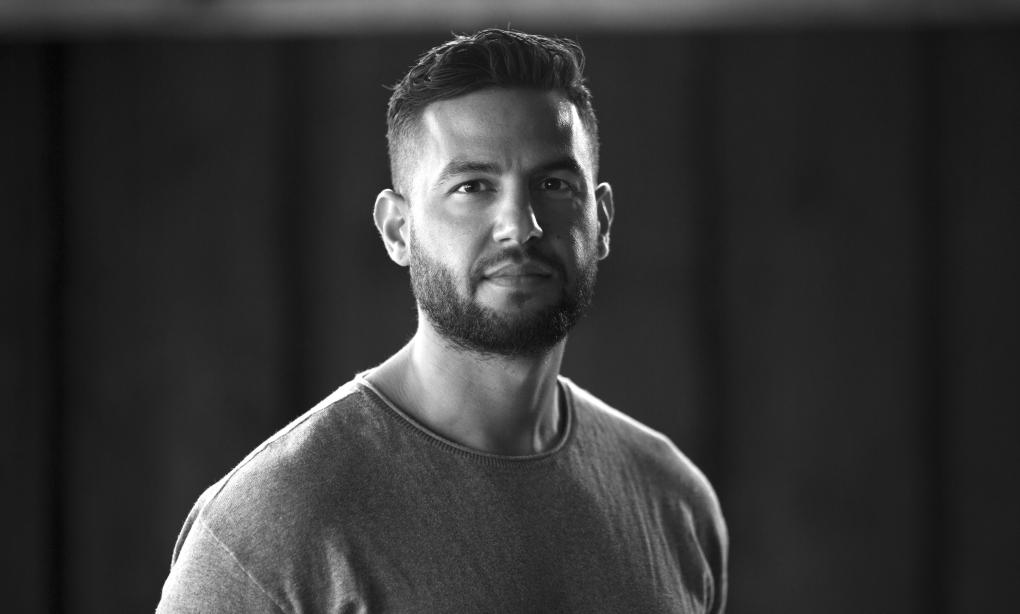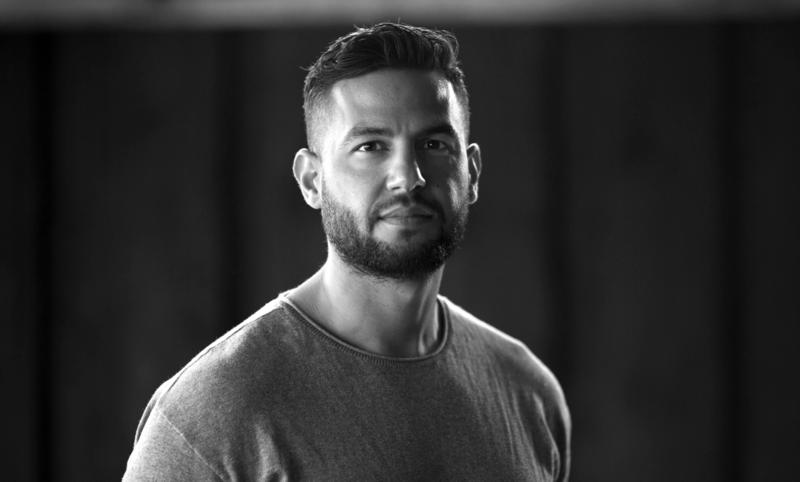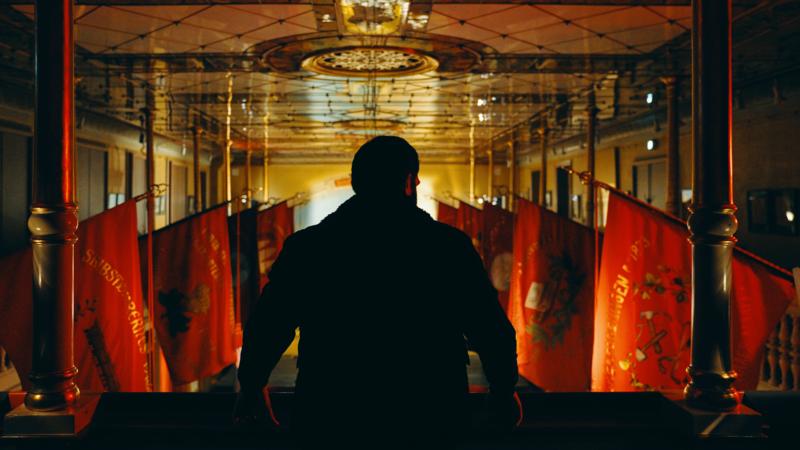
'Sons of Denmark' is set in a not too distant future when Danish politics are more polarized than ever. A new political party, the National Movement, led by the jingoistic Martin Nordahl, is predicted to win a landslide victory in the upcoming parliamentary elections. With the one-year commemoration of a major bomb attack in Copenhagen fast approaching, radicalisation is running high, both in the ghettos, where 19-year-old Zakaria is heading down a dangerous path, and in the neo-Nazi movement Sons of Denmark.
As xenophobia ramps up, with bloody consequences, it becomes increasingly evident that the extremist rhetoric and terrorist acts on both sides spring from the same primal instinct: the struggle for survival and the right to continue to be a part of Denmark.
"It’s so clear that what divides us is also what we have in common. It’s not cultural, religious or socially determined – it’s that we’re humans who want to preserve our right to live. When it comes down to the wire, anybody would do anything to survive and protect their family. That’s the opposite of what I hear every day," the first-time writer and director says.
Too close to home
'Sons of Denmark' grapples with some of the most sensitive conflicts in Denmark and the Western world today. Salim worked on the script on and off for six years, and he couldn’t help but notice that his forecast was gradually becoming reality.
"I wrote the first draft before I got into the Film School. The premise was the same as it is now, but back then people told me it was implausible and over the top. I finished the screenplay after I graduated, and now the story was suddenly too close to home. It’s a crazy experience to see the political climate escalate in real time. Things are heating up, which is one of the reasons why I had to take the film out of the present day," Salim says.
His aim? To pick up specific Danish social issues and make them universal.
"It’s important for me to make films that deal with society. That’s where I feel I have a voice and something to say. I made this film because I want us to stop and listen to each other," the director says.
We’re all society’s children
It was also important for Salim to add nuance to the many different aspects of the growing xenophobia in Europe. In the film, neither Zakaria nor Martin Nordahl is portrayed as a villain, but as people driven by the same fear of losing their place in Denmark.

A key scene shows Nordahl on a talk show, acting the part of a unifying figure – likable and funny – while spewing extreme opinions. For all its absurdity, it shows how extremism is normalised.
"Both camps believe that Denmark is being taken away from them," Salim says. "There’s some truth to the things Nordahl says. You can’t save the whole world, as he puts it. It’s also true when Zakaria asks where he belongs, if not here. I simply made the world so extreme that the audience will go, 'Jeez, maybe there’s something to what they say at either end of the spectrum'."
In that way, 'Sons of Denmark' is not an "immigrant film". The more you preach differences, the greater the chance that it becomes a self-fulfilling prophecy, Salim says.
"The film is much more about how we’re all children of society. We may look different, but ultimately we’re not that different.
"I don’t care what your political affiliation is. I don’t care what your background or gender is. Cinema transcends all of that – it’s about real emotion through a shared experience, regardless of our differences."
Pulling together
Crucially, Salim points out, there is an increased focus on talent development in the Danish film industry today, thanks in part to New Danish Screen, which supported his film.
With producer Daniel Mühlendorph, Salim owns the fledgling production company Hyæne Film (Hyena in Danish). The partners have vowed never to think in terms of restrictions. Anything should be possible, with whatever time and money they have.
"When you’re discussing the possibility of blowing up Nørreport Station, it’s pretty cool to have a crew that doesn’t buckle at the first mention of the idea."
The company’s motto is "modest megalomania". You have to believe in your film from start to finish, but you also have to be critical about your own work.
In 'Sons of Denmark', Salim wanted to explore the singular energy that emerges when new people come together to make their first film. The actors playing the two leads, Zaki Youssef and Mohammed Ismail Mohammed, are making their feature-film debuts, while debutants also fill all key functions behind the camera.
"It’s a bit of a paradox that the more you work as a filmmaker, the greater the chance that you won’t make radically different decisions, because your experience tells you something isn’t possible. I want to push the dramaturgy, while making room for a new generation and new voices," Salim says.
"The generations 20-30 years before us found each other and pulled together, too. Back then, they weren’t "anybody", either. We want to be in a place where young talents get to make their films in their own way and be themselves 100 percent."


